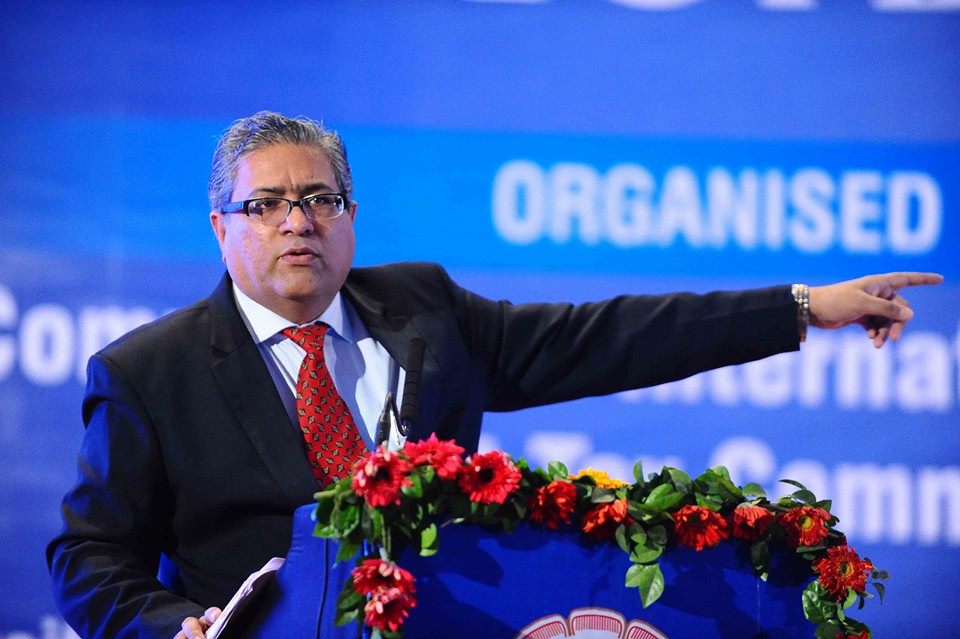The FM and GST council are burning midnight oil to ensure that GST sees the light of the day on 01.07.2017. The Union Cabinet chaired by the Honourable Prime Minister has approved the following four GST related bills: 1. The Central Goods and Services Tax Bill 2017 (The CGST Bill) 2. The Integrated Goods and Services Tax Bill 2017 (The IGST Bill) 3. The Union Territory Goods and Services Tax Bill 2017 (The UTGST Bill) 4. The Goods and Services Tax (Compensation to the States) Bill 2017 (The Compensation Bill). The above four Bills have been earlier approved by the GST Council after thorough, clause by clause, discussion over various meetings of the Council held in the last six months.
The CGST Bill makes provisions for levy and collection of tax on intra-state supply of goods or services for both by the Central Government. On the other hand, IGST Bill makes provisions for levy and collection of tax on inter-state supply of goods or services or both by the Central Government. The UTGST Bill makes provisions for levy on collection of tax on intra-UT supply of goods and services in the Union Territories without legislature. UTGST is akin to States Goods and Services Tax (SGST) which shall be levied and collected by the States/Union Territories on intra-state supply of goods or services or both.
So far the concept of UTGST was never referred by any experts or by the GST council. As per the Constitution, “State” with reference to articles 246A, 268, 269, 269A and article 279A includes a Union territory with Legislature. Delhi and Puducherry are Union territory with legislature, but other UTs like Andaman & Nicobar Islands, Lakshadweep, Daman & Diu, Silvassa, Dadra & Nagar Haveli etc. does not have legislature. Thus, technically it is not possible to levy tax, as they are not “state” for the purpose of GST. Thus, it seems that to cover some possible legal lacuna UTGST was required.
As India has adopted Dual GST Model, wherein for each transaction there will be two types of taxes i.e. CGST and SGST. Now to cover the Union territories UTGST will be levied which will be at par with SGST. GST is being promoted with the intention that it is going to simplify tax levy and collection. However, with various rates and various types of GSTs it is going to be anything but simple.
Further, The Compensation Bill has also been approved by the cabinet. The compensation bill provides for compensation to the states for loss of revenue arising on account of implementation of the goods and services tax for a period of five years.
The Government is committed to early introduction of GST, possibly on 1st July 2017. Thus passing of various bills is done with swiftness, but it is also important that draft bills should be put in public notice rather to inform people at the last moment.
